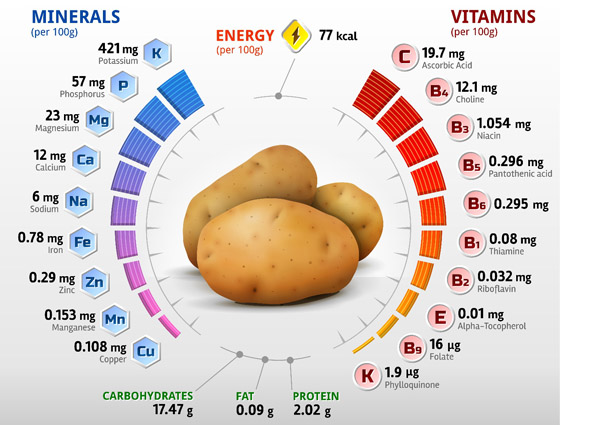
Spotlight on Vitamin D!
- Found in cells throughout the entire body
- Needed for health and to maintain strong bones (combined with calcium, it protects older adults from osteoporosis)
- Helps the body absorb calcium (main building block of bones)
- Deficiency could cause soft, thin, and brittle bones (known as Rickets in children and Osteomalacia in adults)
- Muscles need it for movement, which is triggered by nerve impulses between brain and every body part
- Immune system needs it to fight off invading bacteria and viruses
- Few foods are natural sources, so the major source in food is typically fortified
- Fatty fish such as salmon, tuna, and mackerel are among the best natural sources
- Beef liver, cheese, and egg yolks provide small amounts, naturally
- Mushrooms provide some vitamin D, but more are available due to growers exposing mushrooms to UV light to boost this nutrient
- Dairy milk, soy milks, almond milk, and oat milk are often fortified with Vitamin D, though products made from these milks typically are not
- The skin can make Vitamin D from direct exposure to the sun’s UV rays – windows and sunscreen interfere
- Supplements (high dose prescription or over-the-counter daily pills) are also available to increase body stores
Why is Vitamin D of concern? It is an essential nutrient needed to sustain human health. It is a steroid hormone with an important role in the metabolism of calcium and phosphorus. That is why deficiency can contribute to bone-related disorders. Recent studies have also found that Vitamin D is closely associated with cardiovascular diseases, diabetes, cancers, autoimmune diseases, infectious diseases, and neuropsychiatric disorders.
Neuropsychiatric disorders include a wide variety of conditions affecting the nervous system:
- Seizures
- Attention deficit disorders
- Cognitive deficit disorders
- Migraine headaches
- Addictions
- Eating disorders
- Anger control issues
- Depression
- Anxiety
For overall wellness, or to help manage a chronic condition, it is a good idea to have your physician check your Vitamin D levels and treat any deficiency. Having adequate levels of Vitamin D within your diet, safely exposing yourself to sun, and supplementation could help you feel your best.








